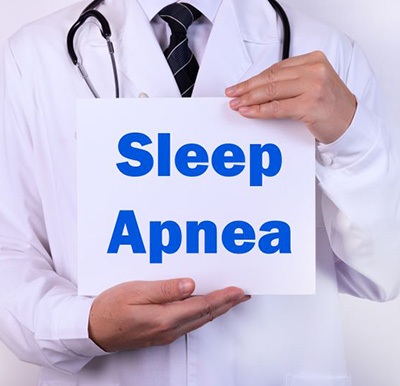Diagnosing Sleep Apnea – Weatherford, TX
Understanding the Source of the Problem

High-quality sleep is essential for overall health. Unfortunately, countless millions of people struggle to get the rest they need to feel good and function at their best. If that is true of you, there is a chance that you have sleep apnea. Would you like to learn more about diagnosing this common but dangerous condition? This page explains the steps that can get you on the road to understanding the source of your sleep problems and getting appropriate treatment. If you have any questions about what you read, feel free to contact our Weatherford team.
Medical History

Your medical history can play an important role in helping our team determine whether you may have sleep apnea. We may ask you about several factors related to your overall health and sleep habits. For example, we should know:
- If you regularly snore, suffer from insomnia, or frequently feel exhausted despite sleeping for 7 – 8 hours.
- If anyone in your family has sleep apnea or has been diagnosed with other sleep disorders.
- If you have any known risk factors for sleep apnea, such as tobacco use, excessive drinking, or obesity.
- If you have conditions that are commonly associated with sleep apnea, including high blood pressure and type 2 diabetes.
Physical Exam
After we take your medical history, Dr. Romack may perform a physical exam to determine if you might have sleep apnea. She will look for things like a large neck circumference, enlarged tongue, and enlarged tonsils. She will also evaluate the shape and positioning of your jaws and teeth. This brief assessment of your upper airway can provide valuable insight into why you might be experiencing sleep difficulties.
Ruling Out Other Factors

Of course, there are quite a few factors that may have a bearing on whether you experience sleep apnea symptoms. It is important that our team considers these issues as potential sources of your problem. Some things that we may investigate include:
- Hormone levels. Particularly in biological females, hormone fluctuations can influence sleep quality.
- Some medications are associated with sleep problems. Opioids in particular can be troublesome.
- Time spent at high altitudes. There is less oxygen at higher altitudes, which can lead to apnea-like symptoms.
Sleep Study

If our team’s assessment reveals that it is likely you have sleep apnea, we can help you arrange to undergo a sleep test. During this non-invasive study, sophisticated sensors will monitor you for a night and collect data about your movements, blood oxygen levels, and other vital statistics. Based on that information, a doctor will be able to officially determine whether or not you have sleep apnea or if another disorder may be responsible for your symptoms. Thereafter, you can start to learn about your treatment options.

